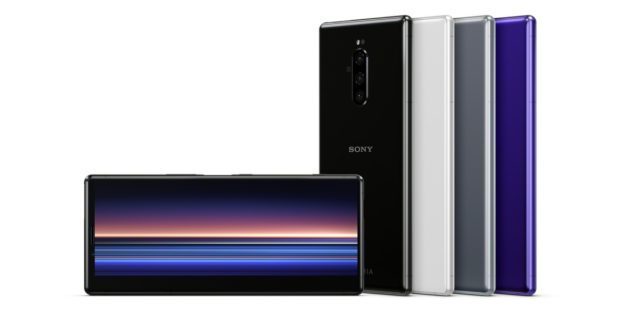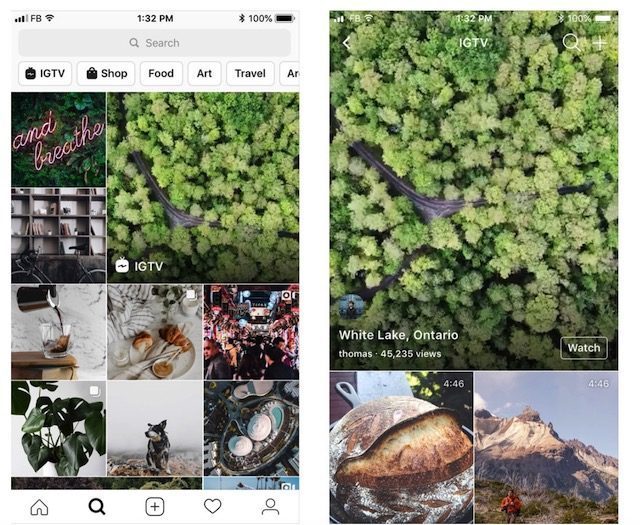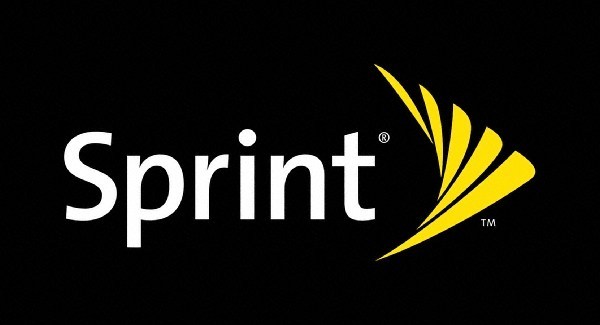Supreme Court Rules Apple Has To Face Lawsuit On App Store Monopoly
An antitrust lawsuit against Apple has been given the greenlight by the Supreme Court. It didn’t find merit in Apple’s argument that the App Store users were not really its customers. The apex court has upheld the Ninth Circuit Court of Appeals’ decision in Apple v. Pepper. It has agreed in the 5-4 decision that App Store customers can sue Apple for allegedly driving up prices.
The lawsuit claims that by making it mandatory for iOS users to buy apps through the App Store, and charging a 30 percent commission from developers which essentially gets passed on to customers, Apple has used its monopoly to overcharge consumers in what has been described in the lawsuit as a “classic antitrust claim.”
Apple’s argument was that the customers were actually purchasing apps from developers and that the developers were customers of Apple’s App Store. “Apple’s line-drawing does not make a lot of sense, other than as a way to gerrymander Apple out of this and similar lawsuits,” wrote Justice Brett Kavanaugh.
The company was leaning on the Illinois Brick legal doctrine which holds that the “indirect purchasers” of a product do not have the legal ground to file an antitrust case. The Supreme Court has held in its ruling that this doctrine doesn’t apply to Apple.
To be clear, the ruling is not on whether Apple does or does not have an unlawful monopoly in the App Store. As the Supreme Court points out, this is an “early stage” of the case so there’s no ruling on that point yet.
Supreme Court Rules Apple Has To Face Lawsuit On App Store Monopoly , original content from Ubergizmo. Read our Copyrights and terms of use.




